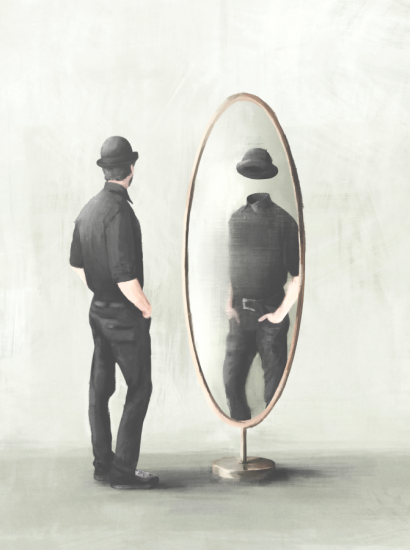This post is also available in: ΕΛΛΗΝΙΚΑ (GREEK) TÜRKÇE (TURKISH)
For a long time, Britain enjoyed a democratic regime with rational politicians, a strong economy and imaginative diplomacy. Since Brexit, however, Britain has been spiralling downhill. Irresponsible populists, such as the ardent Eurosceptic, Nigel Farage, and of course the former Prime Minister Boris Johnson, have led the country down a path that is not consistent with fiscal discipline and sound developmental policy.
With such people and their associates at the helm, Britain has become a place of serious political instability and, in recent months, an example of what not to do. The fact that over the course of seven weeks, Britain has been through three Prime Ministers, speaks for itself. The country has now come to regard Rishi Sunak, the current occupant of 10 Downing Street, as a messiah, hoping that with the flick of his magic wand he will wipe away the scorched earth left behind by his predecessor, Liz Truss.
Sunak’s task is not easy. Tragic mistakes affecting the country’s economy cannot be corrected overnight. And the credibility of the Conservatives as a party in power cannot be restored in an instant, since the man at the helm was Johnson’s Chancellor of the Exchequer. The truth is that Sunak was considered a successful minister, who had warned that the measures advocated by Ms Truss would leave the pound in tatters. As they ultimately did. So the new Prime Minister is clearly more restrained than his predecessor, but his outlook is not very different from that of Boris Johnson. He remains an ardent supporter of Brexit, unable to see the sad state of affairs his country has been left in as a result of its strained relationship with the EU. He is also ‘hunting’ immigrants, despite his Indian background.
We have said this before. Britain’s current perils are an example of what citizens and politicians across the world should not do, and this includes Cyprus, which is currently struggling to digest a protracted, meaningless, and populist election period. It is a fact that during election periods, one does not expect politicians fully to respect the public’s intellect. The act of opposition is necessary. Criticism, after all, helps governments improve. Provided it is not sterile, as in the case of the accusations of “callous measures” and an “insensitive government” hurled by AKEL in response to the budget submitted to Parliament by the Finance Ministry. Easy and misguided criticism, in the midst of war and a pandemic.
If the formerly Great Britain is in an extremely difficult position as a result of a deep rift in the ruling Conservative party, what can one say about the prospect of Cyprus being governed by a patchwork of disparate factions and extreme populist tendencies? Even if Nikos Christodoulides wanted to ignore the unquenchable desire of his supporters to hold on to power, it would be very difficult for him to do so in the end.
In his interview with Tasos Trifonos on Alpha television, I heard him say that he is already thinking about the ministerial posts he will hand out, but has not promised a post to any of them. Forgive me, but this is a joke. The presidential candidate is telling us that he has persuaded DIKO [Democratic Party], EDEK [Movement for Social Democracy], DIPA [Democratic Alignment] and other sympathisers to support him, without promising them privileges and government posts. We are talking about DIKO, EDEK and DIPA. Parties that, as is well known, have fought and are still fighting battles against corruption and nepotism. There is probably also no truth in the anecdote currently circulating, whereby two influential supporters of Mr Christodoulides have found, after talking to each other, that they have been promised the same ministry.
Similar to the Tory split in Britain is the one that afflicts DISY [Democratic Rally]. The reasons are different, but the result may prove decisive for the cohesion of the Cypriot centre-right. I would like to remind [DISY leader] Averof Neophytou that publicly challenging Nicos Anastasiades to come straight out and say who he supports [in the upcoming elections], himself or N. Christodoulides, helps neither the cohesion of the party nor his candidacy. What will happen, let’s say, if the President does not come out and speak? And if he does, and reiterates his support for Averof, will people believe him?
Source: AN EXAMPLE OF WHAT NOT TO DO






